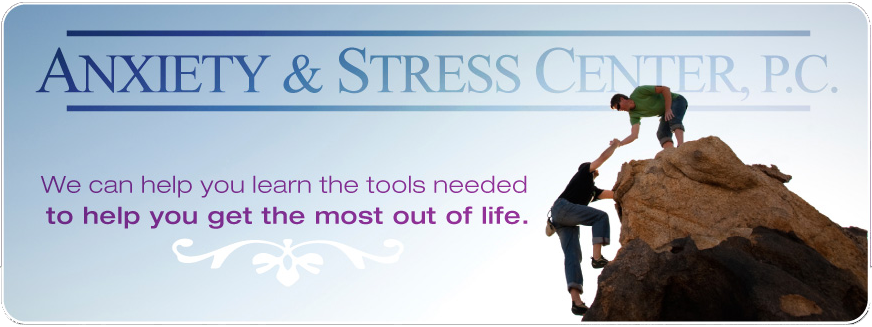For a great many people, the falling leaves and cooler
temperatures are a sure sign that the holidays are on the way. This time of year can be marked by a great
deal of stress and depression for a great many people, no matter holidays you
celebrate. Whether it’s because of the
added pressures of entertaining, the financial prospect of gift-giving, or the
missing of family members that are not around, these holiday months can carry a
great deal of negative emotions for many of us.
Add to that the darkening skies and shorter days, and it’s no wonder
that many people dread this time of year.
It’s important to remember, however, that we are not victims to this
feeling and we do have control over how we feel this season. Here are a few suggestions to keep in mind as
you try to reduce your holiday stress and depression.
First off, it’s important to remember that many of the
stressors that we experience around the holidays are self-induced. There is a lot of pressure for many people to
make this “the best holiday ever”. It’s
a message that is fed to us starting November 1st when all the
television commercials tell us all the things we need to make the most of our
holiday. This often leads to feeling
that we need to have the best gifts, the tastiest meals, the cleanest home, and
the perfect holiday. Not only does this
cause a great deal financial stress, but striving to make something “perfect”
can lead us to feel negative when we don’t meet our unrealistic
expectations. It’s important to appropriately
prioritize your holiday goals and ensure they are goals that can be reasonable
met. Keep your holiday expectations
realistic! If you’re holiday goals are
met, then you had just the holiday you wanted and if they go beyond your
expectations then it’s a bonus!
The financial factors of the holiday season are often the
most stressful for individuals and families.
Gift-giving has become our way of showing those around us how much we
love and appreciate them. Unfortunately
for many of us, we simply don’t have enough to give all that we want. When we push our finances beyond their limit,
it causes a great deal of stress and fear for the future. The best way to ensure that this doesn't
happen this year is to set a firm and comfortable budget- and stick to it! Find ways to reduce your budget by making
thoughtful gifts for your friends and family.
Websites like Pinterest are full of ideas on how to create wonderful
gifts from your home. When in doubt,
consider whether a gift is going to do more positives for the recipient than
harm and stress to the giver.
This time of year is also the perfect time to practice and
recall the stress management techniques that you've used in the past. No matter
how busy we get around the holidays, it’s important to remember to take time
out for our own mental health.
Meditating, doing yoga, or practicing guided imagery techniques are just
a few ways that we can take a couple of minutes to press the reset button on
our day and relax. If those activities
aren't your style of relaxing, then find one that works for you. No matter what the activity, it’s important
to spend at least 30 minutes a day taking time to relax and reboot.
Finally, one of the reasons that some people get depressed
around the holidays has to do with the loved ones that are not around. Whatever the reason that they are not with
you, the most important thing to focus on is those loved ones who are present
in your life. Focus your time and energy
on appreciating the positive times you have with the friends and family that
you interact with this holiday season. Try
to frame your mind in positive thoughts, and let memories from previous
holidays be a happy photo album and not a depressing slideshow. If your depressed feelings become too strong
or you’re not sure if you will be able to deal with them, then don’t hesitate
to contact a professional counselor or someone else who can help you cope with
your emotions.
We have the power to decide what kind of holiday season we
want to have. We can choose to be
stressed, overwhelmed, and disappointed or we can choose to joyful, relaxed,
and fulfilled. This year, make the conscious
decision to avoid the ghosts of holidays past and take control of mood.
Happy Holidays!
William Knor, LCPC
Licensed Clinical Professional Counselor
Licensed Clinical Professional Counselor
